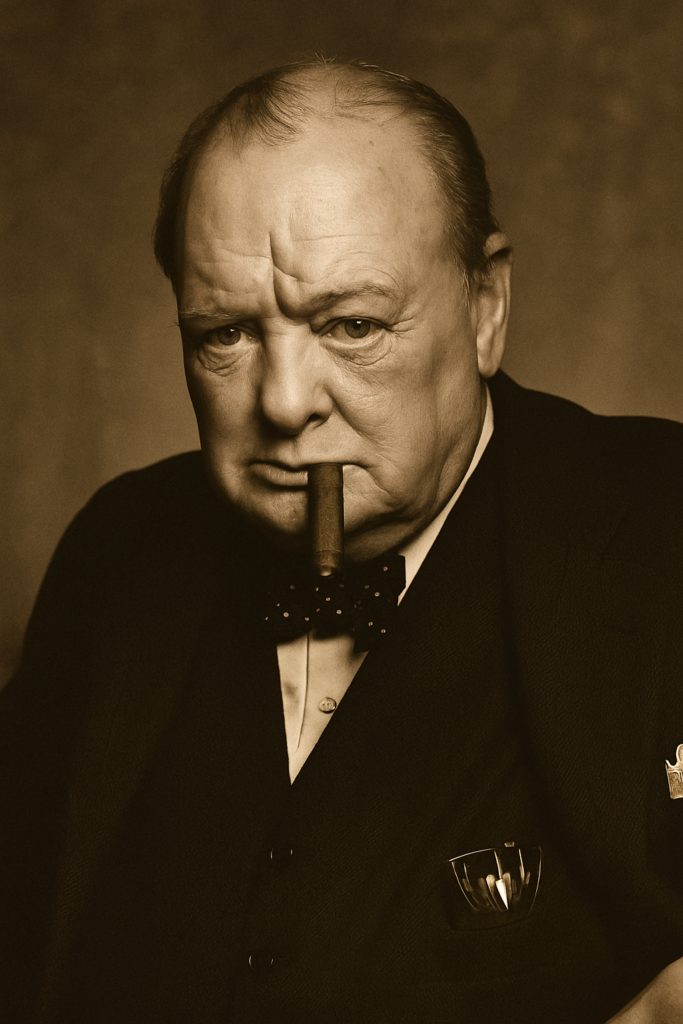In moments of crisis, most people panic, freeze, or react impulsively. But those who can stay calm amid chaos often gain a decisive advantage.
History and modern life show repeatedly: when everyone else loses their head, the person who keeps theirs leads, survives, and often triumphs.

This is not about being emotionless — it is about developing the mental discipline to keep your mind clear under pressure, so you can see reality, act strategically, and turn crisis into opportunity.
Why Composure Is a Strategic Weapon
Staying calm under stress is not just about personality — it is a tactical choice. Here is why it matters:
Crisis blinds most people: Fear narrows attention, clouds thinking, and makes rash decisions more likely.
Calm brings perspective: When you slow down mentally, you can see what others miss — patterns, leverage points, and hidden options.
Control attracts trust: In chaotic times, people instinctively look to the calmest person for guidance. Your composure can inspire confidence and loyalty.
It protects your long‑term goals: Reacting emotionally often solves nothing and may create bigger problems. Staying calm helps keep your strategy on track.
Winston Churchill in World War II

In May 1940, as Nazi forces swept across Europe, Britain faced invasion. Many politicians wanted to negotiate for peace. Public fear was overwhelming.
But Winston Churchill, just appointed Prime Minister, projected an unshakeable calm. His steady voice and resolute speeches didn’t just sound brave — they shaped national morale.
Behind closed doors, Churchill kept his inner doubts private. Publicly, he was the voice of determined defiance. His ability to remain composed under existential threat helped Britain hold on until the tide turned.
His calm was not denial; it was deliberate strategy: keeping the nation focused on resistance instead of surrender.
Modern Applications: Staying Calm in Your World
The principle of strategic composure applies beyond battlefields and politics. It’s a superpower for daily life and modern leadership.
In Business
A sudden market crash, negative press, or competitor attack can push teams into panic. Leaders who remain steady — calmly gathering facts, choosing words carefully, and setting clear priorities — preserve confidence and often guide their team to better outcomes.
In Negotiations
When talks get tense, the person who stays calm can read the room, notice signals, and respond thoughtfully — while others may react emotionally and reveal too much.
In Personal Conflicts
In family arguments or friendships, reacting in anger can escalate tension. Staying composed lets you listen, clarify, and steer the conversation toward resolution.
In High‑Pressure Careers
From healthcare to aviation, people train to keep a “cool head” because decisions made under stress can be life‑changing.
How to Build Presence of Mind
Staying calm is not just natural talent; it is a skill you can develop:
- Practice Slow Breathing: Conscious, deep breathing signals safety to the nervous system, lowering heart rate and calming the mind.
- Simulate Pressure: Rehearse difficult scenarios in low‑stakes environments. Over time, your brain learns not to panic when stress comes.
- Reframe the Situation: Instead of thinking “This is a disaster,” ask: “What opportunity might this create?” Changing perspective reduces fear.
- Focus on Process, Not Outcome: Stay grounded in what you can do next, instead of worrying about every possible result.
- Take Breaks to Reset: When overwhelmed, stepping back — even briefly — can help recover clarity and prevent reactive decisions.
Turning Calm into Strategy
Presence of mind is not passive. It is active awareness — stepping outside immediate emotion to see the bigger game.
A few practical steps:
- In meetings, pause before answering challenging questions.
- When plans fail, take minutes (or even hours) to review options calmly before acting.
- Keep long‑term goals visible — literally: write them where you can see them — so short‑term panic does not derail you.
Over time, this habit rewires how you face challenges.
Final Thoughts: Calm Is Strength, Not Weakness
We live in an age of speed, noise, and instant reactions. But the real advantage belongs to those who can pause, breathe, and think while others rush to act. When the world around you are spinning, calm is not just peace of mind — it is power. So next time crisis hits, remember: While everyone else loses their head, the one who keeps theirs shapes what happens next. By mastering presence of mind, you do not just survive chaos — you learn to turn it into your advantage.
